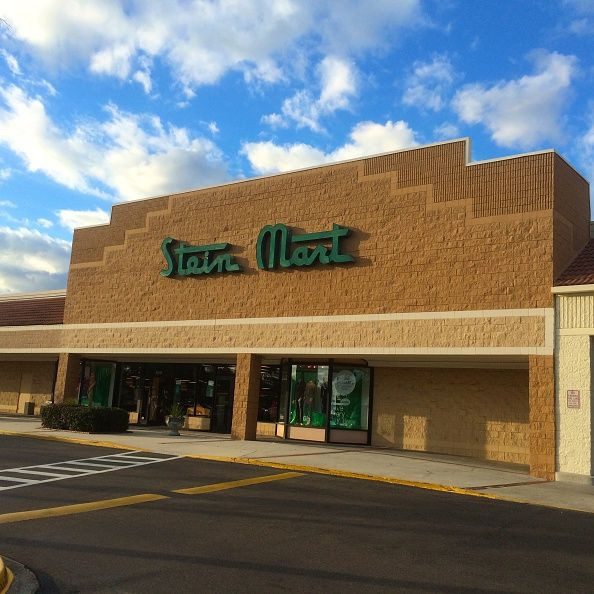Retail News: 3 More Retailers That Are Considering Bankruptcy Protection

The coronavirus pandemic dealt a crushing blow to retailers that were forced to temporarily close their stores as stay-at-home dictated that only essential businesses stay open. While these retailers are working to reopen their stores, some have expressed concern about their ability to move forward financially while others have already filed bankruptcy. Here are three more retailers that are struggling amid the COVID-19 crisis and considering their financial options.
Steinmart
After a failed attempt at finding a buyer, Steinmart has said it has “substantial doubt” about its “ability to continue” over the next 12 months. The company made the announcement in a Securities and Exchange Commission (SEC) filing, saying it is “actively exploring additional sources of financing to provide us with additional liquidity and other strategic alternatives, including a sale of the company.”
Despite the efforts, Steinmart concluded the filing by saying, “However, there is no assurance that such efforts will be successful.”
The clothing chain has reopened all 281 of its stores in a limited capacity with reduced hours after furloughing the majority of its employees and reducing the salaries of its executive team by 20%. The company has been negotiating with its vendors and landlords on payments and has drawn down all the funds available in its revolving credit facility in addition to having a third promissory note issued.
The company also said that its store traffic has not yet recovered to pre-pandemic levels nor have sales levels returned.
Francesca
Apparel and accessory retailer Francesca warned in an SEC filing of its ability to continue over the next 12 months, saying there is a potential for default on its debt load, and that it may need to seek additional funding, cease its operations, or seek bankruptcy protection.
The company closed 703 of its stores in March because of the coronavirus and furloughed a large number of its employees at the same time. Francesca also issued pay reductions and cited the coronavirus as a “significant disruption” to its business, according to the filing.
The retailer stopped paying rent in April at all of its stores, corporate headquarters, and distribution centers. Francesca is looking to negotiate lease terms with its landlords but said there is no guarantee on the outcome of these discussions.
“The ultimate impact of the COVID-19 pandemic on our business, results of operations, financial condition and cash flows will depend on our ability to have sufficient liquidity until such time as our stores can again generate revenue and profits capable of supporting our ongoing operations, all of which remain highly uncertain at this time,” the company said in its SEC filing.
J. Jill
J. Jill, a women’s apparel brand, issued a warning about its ability to continue operations financially because of the coronavirus pandemic. As a result, the company has entered into two forbearance agreements with its lenders and credit facilities.
“These Forbearance Agreements will allow us to continue to work with our lenders on a course of action that will resolve the Company’s noncompliance and position the Company to realize its long term plans,” Jim Scully, J. Jill interim CEO, said in a statement.
In an SEC filing, J. Jill also warned of the possibility of a bankruptcy filing if it is unable to become compliant with its lenders. J. Jill had $60 million in liquidity at the end of May.
J. Jill closed all of its stores in March and furloughed its store employees a few weeks later. The salaries of the company’s executive officers were reduced as well as all exempt employees. The company also drew down $33 million from its revolving credit facility.
© Copyright IBTimes 2025. All rights reserved.





















